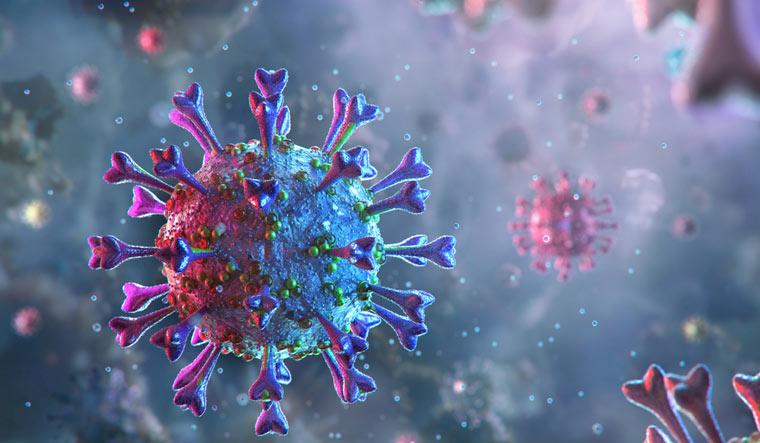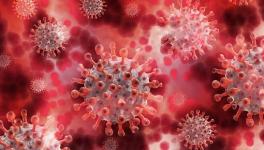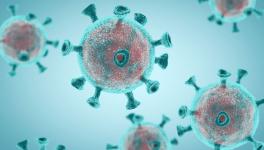COVID-19: Deceased Patients’ Autopsies Show Remarkable Immune Failure

Image Courtesy: The Week
Staring from asymptomatic and patients with milder symptoms to severe clinical conditions and deaths, COVID-19 has a range of symptoms manifestation. The variation in clinical severity is not subjected to a particular population, neither is it limited to any geographical boundary, but the pattern is observed everywhere. What causes the whole range of symptom variability is still an open question. Two possibilities could be thought of in this regard, one undoubtedly is the immune response and the second could be the elusive virus itself.
Moreover, we have also seen mysterious ways of responses by the immune system. On the variation in immune response, one very interesting and also very important aspect has come out in two studies. One of it is published in Cell recently and the other was published in Current Medical Science. Both the studies were conducted on people who died from COVID-19, and both did autopsies of the deceased. Both of them found that the deceased patients had a remarkable immune failure in them.
These studies have found that the deceased patients lack the germinal centres in spleen and lymph nodes. Germinal centres are the locations within the secondary lymphoid organs like the spleens and the lymph nodes where mature B cells can proliferate, and undergo mutations so that they become long-standing fighters against a pathogen. In other words, we can imagine the germinal centres in spleen and lymph nodes as the classrooms within which immune cells mature and learn to produce a prolong antibody response to a pathogen. This happens normally as a result of immune response to an infection.
The B cells produce antibodies specific to a pathogen, both to destroy it instantaneously and also to memorise it for a long period so that any further invasion by that pathogen could be cleared immediately. Germinal centres are important immune sites where the B cells start the process of mutation of the antibody-producing genes in a process known as somatic hypermutation. The process of somatic hypermutation confers the antibody proteins more power to fight with an invading pathogen and to remember it for long.
In the Cell paper, led by MIT immunologist Shiv Pillai, the researchers analysed the spleen and the lymph nodes of 11 people that died from COVID-19 and compared them with six other people who died from other reasons. The spleen and the thoracic lymph nodes did not develop the germinal centres in those who died from COVI-19.
The other study published in Current Medical Science, conducted in a similar way in the Huazhong University of Science and Technology, Wuhan, China, also found the lack of the germinal centres in the COVID-19 deaths of six patients. Yang Xiang Ping, author of that paper said: “ These two independent studies establish a profound lack of [antibody] responses in the deceased population of COVID-19 patients.”
Pillai’s team also found elevated level of a cytokine called tumour necrosis factor alpha (TNF-α) when compared with the autopsies of the other people that did not die from COVID-19. Among the heterogeneous immune responses, one widely researched and discussed aspect has been cytokine storm. The cytokines are the biochemical that signals the B cells and other immune cell types as a response to a pathogen. When a cytokine storm takes place, various kinds of cytokines are released in an overwhelming amount which causes more harm than benefits. Cytokine storms can cause severe inflammation in the lungs and contribute to serious clinical conditions.
Pillai’s team also found that a type of T cell also lacks in the autopsied patients, which plays an important role in the formation of the germinal centres. They propose that the excessive secretion of cytokine TNF α blocks the process.
Yang also thinks that cytokine storm might be related to the lack of the germinal centres, he said: “ The defect of [the antibody] responses may somehow be linked with the enhanced inflammation, which needs further investigations.”
These findings could also help vaccine developers. Ultimately, vaccines are aimed to elicit a durable immune response against a pathogen. The cytokine storm and its relation to the absence of germinal centres, however, need further detail investigations.
Get the latest reports & analysis with people's perspective on Protests, movements & deep analytical videos, discussions of the current affairs in your Telegram app. Subscribe to NewsClick's Telegram channel & get Real-Time updates on stories, as they get published on our website.
















